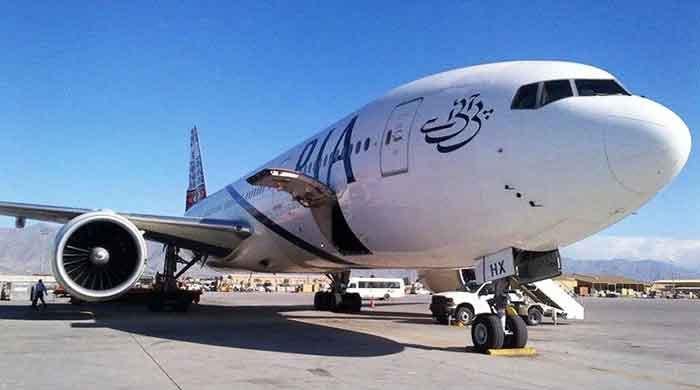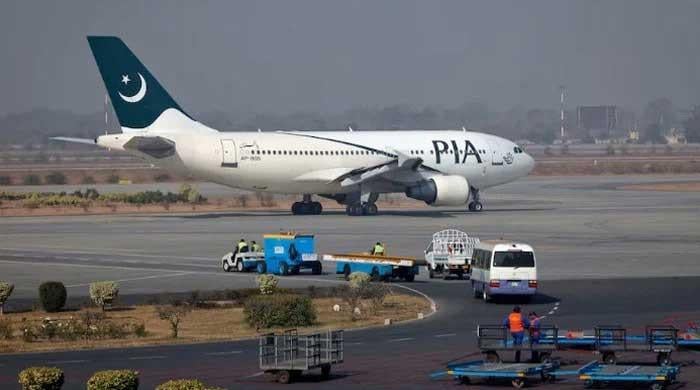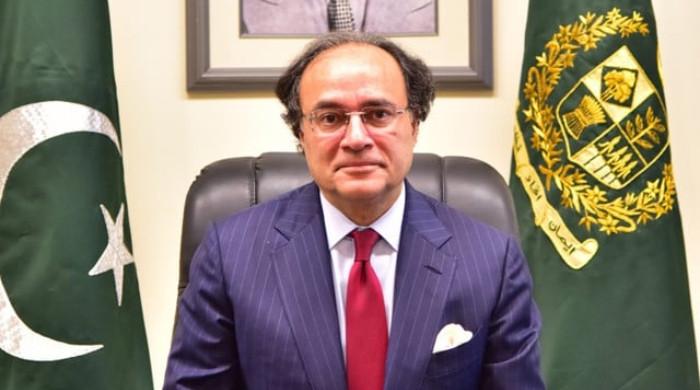Budget 2021-22: Pakistan govt plans to increase tax on cigarettes
Health ministry proposes 30% increase in tax rates for cigarette industry in upcoming budget 2021-22
June 09, 2021

- Government to impose additional tax on cigarette industry in upcoming budget 2021-22.
- FBR has collected a tax amount of Rs134 billion during the current fiscal year.
- Multinational giants have proposed no change in tax rates of the two tier system and committed to add Rs21 billion to FBR's tax collection amount.
ISLAMABAD: Pakistan's health ministry has proposed a 30% increase in the tax rates for the cigarette industry in the upcoming budget 2021-22. The federal government is reviewing three different tax proposals.
Tobacco companies, however, proposed no change to the tax rates and say they will bring the tax amount from Rs134 billion to Rs155 billion, The News reported.
The FBR has collected a tax amount of Rs134 billion during the current fiscal year.
Read more: Pakistan’s fight against tobacco is getting harder
Multinational giants have proposed no change in the tax rates of the two tier system and committed to add Rs21 billion to FBR's tax collection amount.
If the much-awaited track and trace system is implemented, the FBR collection may go up to Rs175 billion in the next fiscal year.
Local cigarette manufacturers from Mardan and AJK have suggested the government reduce excise duty on local brands, but they did not make any commitment to increase revenue.
The three tax proposals
The following are the three different tax proposals being reviewed by the government:
The Ministry of National Health Services Regulations and Coordination, has recommended a 30% increase in excise duty and projected a Rs18 billion increase in revenue.
Read more: FBR seizes over half a million illegal cigarettes near Islamabad
This would increase excise duty rates in the second tier from the existing rate of Rs1,650 per thousand cigarettes to Rs2,145 per thousand cigarettes, resulting in a Rs30 to Rs50 increase in the prices of duty-paid brands.
To the common man, this could be an ideal proposition, which seems to be aimed at increasing the government’s revenues and may also reduce the addiction to smoking, said one analyst.
The second proposal being pushed by Mardan and AJK-based tobacco conglomerates primarily seeks reduction in excise duty through a differentiated excise structure, but without any increase of revenue commitments.
The introduction of a separate third tier has been suggested as well, solely for local companies to operate in.
Read more: How the tobacco mafia in Pakistan steals billions from the exchequer









